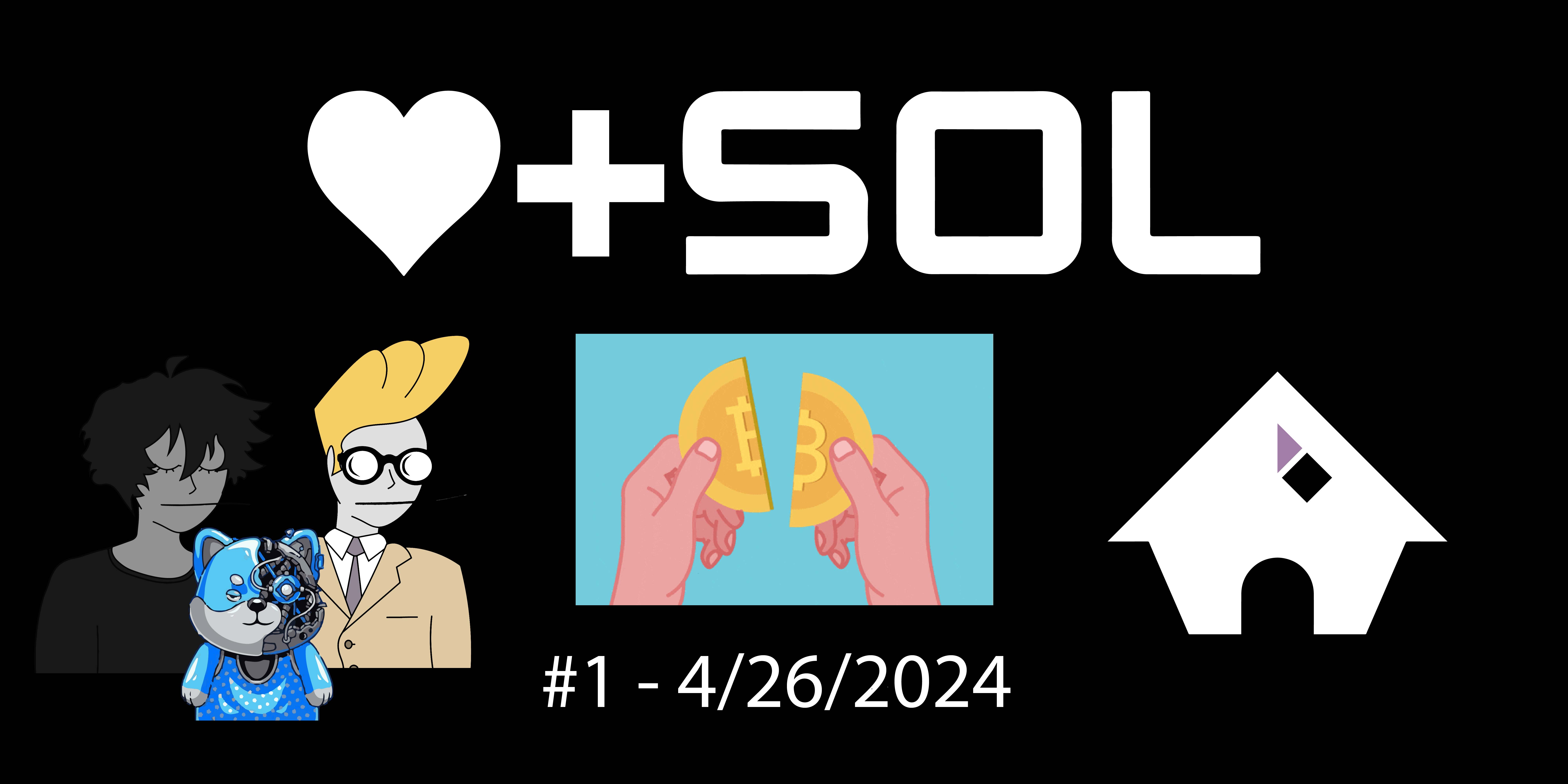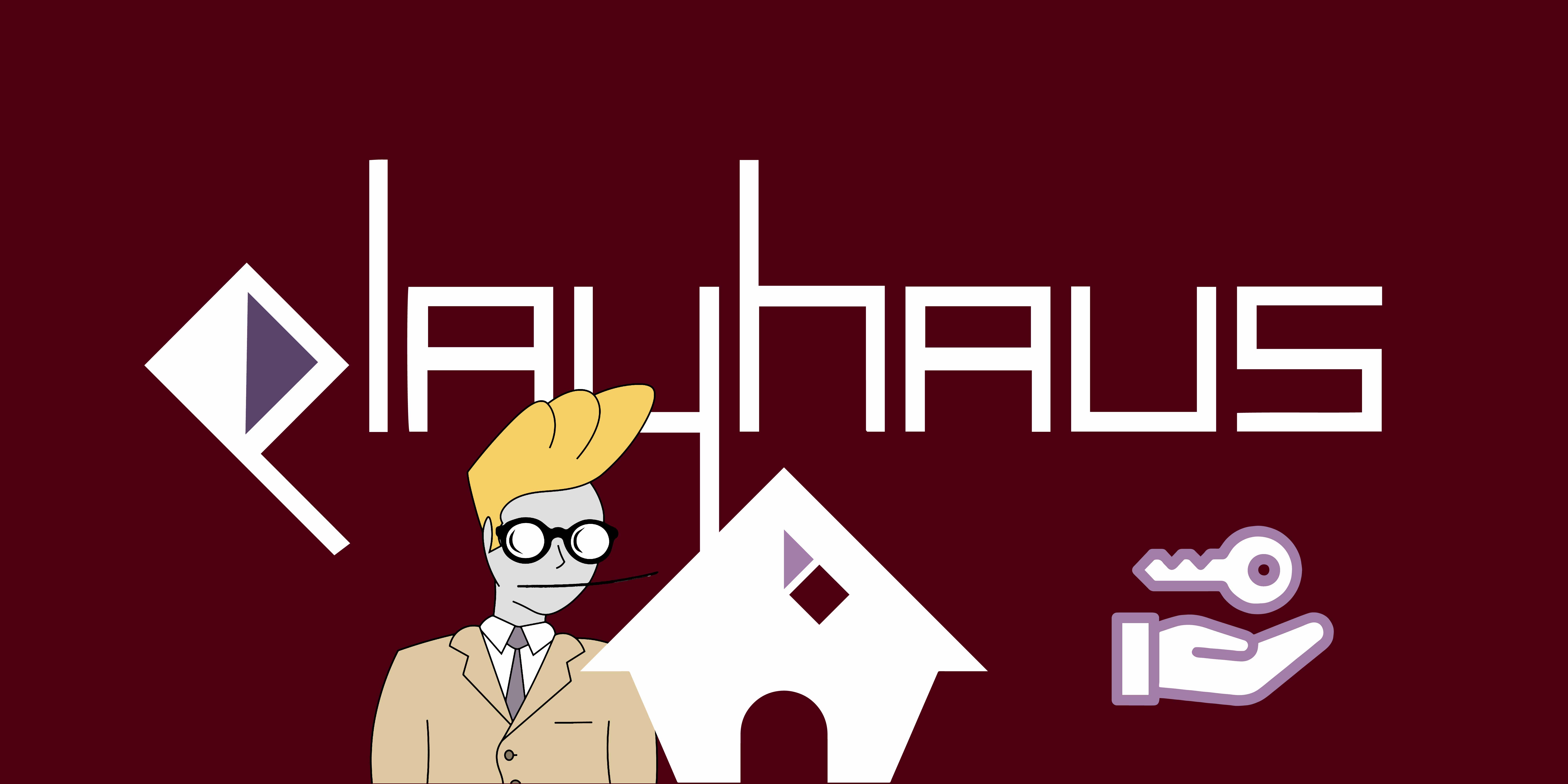Sorry in advance for the big bummer. This past week, we were forced to look face first into the dark side of the crypto space — the degenerate delusions of grandeur, the Hitler art making bank on OpenSea, and the rampant irreversible scams everyone seems to be falling for… us included.
But the Old Testament God said not to fear physical manifestations of the void’s taint because they’re literally angels, and we’ve got to admit, we feel like we’ve come out of our crucible with a holistic perspective on the blockchain, and as better (if not well) rounded human beings. So who knows? Maybe the old fart’s onto something. We’ll make the void as vivid for you as it was for us and let you decide for yourself.
Chad & El Prof

Here comes the new boss.

Silicon Valley is betting big on DAOs. First round funding saw $2.5m in seed money raised for Layer3, an SaaS startup slash tool belt for decentralized autonomous organizations. (On the on-chance you’re as sick of crypto acronyms as me.)
In theory, DAOs mark the end of centralized power, period — in markets, government, friend groups where one alpha dude dominates the conversation. In practice, they’re Discord channels where the owner of the most tokens or NFTs gets the biggest say in how the community spends its money. The future of democratic institutions? Remains to be seen. But the new boss sounds a hell of a lot like the old boss to me.
Twitter would have you believe there are only two warring schools of crypto thought. Either it’s the key to a utopian society where furries will be free to live out their fantasies as digital hot Simbas — or it’s a fascist-with-a-small-F shit show and the latest sign that late stage capitalism is ringing the last dribble of our collective soul’s essence out of its ass sweat towel and doomsday’s just around the corner.
Well, we believe the truth, as always, is a little more nuanced. We want to be clear that, in reporting biweekly on the state of the blockchain and crypto community at large, we are not guzzling lion-spit-flavored Kool Aid, nor sharpening up our hatchets. We’re undecided. Probably like most of you. So, if so, here are the top 5 things we know so far about the technology that’s made headlines for the better part of a year. We encourage you to take in the facts and draw your own conclusions.
NFT technology presents the potential to democratize the art market. But currently it’s being used to shill fetish fan art and Hitler profile pictures.
The environmental impact of crypto is not not abysmal. Then again, check out the EIR on Web 2.0 big data server farms.
Web 3.0 is more transparent, permissionless, and independent than Web 2.0 — and by and large accessible only through Web 2.0 platforms.
Crypto exchanges are entirely unregulated and anonymous, which is great for drug dealers, tax dodgers, Ron Swanson wannabes, and rugpull ‘business’ models. (Or, if you’re Lil Uzi Vert, all of the above.)
There is a single point of failure to blockchain security — the passcode to your crypto wallet. For hackers, bad news. For scammers, just great.

Bottom line, it’s hard to believe crypto’s sole point of entry will ever be consumer friendly enough for the sweeping adoption some foresee, and the aforementioned concerns would never play in mass markets.
As refreshing as it is to see people get unduly excited about the future (or maybe it’s just the sexy lions again) it’s doubtful that centralization is going anywhere. But, in an ideal world, we could see answers to some current issues solved by blockchain technology. Transparent, publicly available data transactions in particular may be key to returning privacy rights to consumers and holding elected politicians accountable.
Although the future’s not ours to see, we will be seeing more of it, so we’ll keep you posted, because it’s our job. But for now? Banks are too big to fail, your life decisions will be made my old white men, and Chad still gets the last say. So sorry, beta bros, Nazis without borders, and libertarians. Pay-to-play fetish Discords are all you get.

ART-ifice.

We interrupt your usual programming because I’m depressed. It’s not only due to the explicit lack of artistry in the top NFT sales of the past week seeming to openly mock my profession. (Although, yeah, it’s very much that.) But it’s also because the worst NFT discovery of my week had nothing to do with art.
After losing half an ETH to seed phrase mismanagement, I fell victim to a scam on Twitter that drained my NFT account of a quarter more.
Our story begins when I sent funds to an account I did not have recorded access to, which locked me out. Panicking, and having already spoken to the real MetaMask customer service, I gave my wallet information to a scammer impersonating the head of support operations. N00b moves all around, I know, which is why we’re trying to help you avoid doing the same.
As we said above, personal responsibility in management of crypto wallets — the sole point of failure on the blockchain — is the biggest barrier to consumer adoption. Having worked with security and database technologies for years now, most recently at Google, I’d say I’m no slouch when it comes to staying safe online. I took steps to prepare for this exact scenario, yet even I ended up walking right into it.
From my perspective Web 3.0 is primarily a backend technology, or should be, if it ever wants mainstream adoption. The De-Everything community largely thinks they can solve any problem, but historically, human stupidity is unsolvable. Thus, custodial-based wallets and verified identity accounts are the wave of the future.
This technology is new. We’re still inventing ways to navigate it live. And, currently, there’s no better way to make it through than learning from other’s mistakes. Still, had some rando from my Twitter feed, Chris Cantino, tweeted this thread a day earlier, I’d be complaining about lightly-edited nightmare fuel right now instead. Check it out for a solid primer on avoiding crypto scams — I fell victim to #8.

Putting the 🖕 in Facebook.

One of those ‘ideal world’ scenarios we talked about up top is $4m closer to being a reality. Swash is another blockchain startup with a mission we love in a position to prove the crypto space is about more than just horny big cats. Intent on putting the ‘fuck you’ in Facebook Privacy & Security, Swash allows you to make money off your own data. We think it’s brilliant — and not just because we thought of it first.
By downloading the Swash app, you authorize it to collect your browsing data, just like every other Web 2.0 data silo. But, in a refreshing change of pace, rather than being funneled into AI-generated, way-too-specific tee shirt advertisements, the data goes into a so-called Data Union, where advertising firms and hedge funds can purchase it, redistribute profits to the sellers — you — and then still run those ads. But hey! At least you get a cut this time? 😅
The future is light-at-the-end-of-a-tunnel bright.
Swash’s Initial DEX Offering is approaching and they’re giving away tokens ahead of time to celebrate. We swear they’re not paying us to say this. We just feel validated our million dollar idea turned out to be worth 4x that.
SLOPPY SECONDS
A nuanced take on what Ozy means for black-owned media business models
Berries & Cream TikTok is cursed content
r/femaledatingstrategy did not die a hero, lived long enough to see itself become the villain



